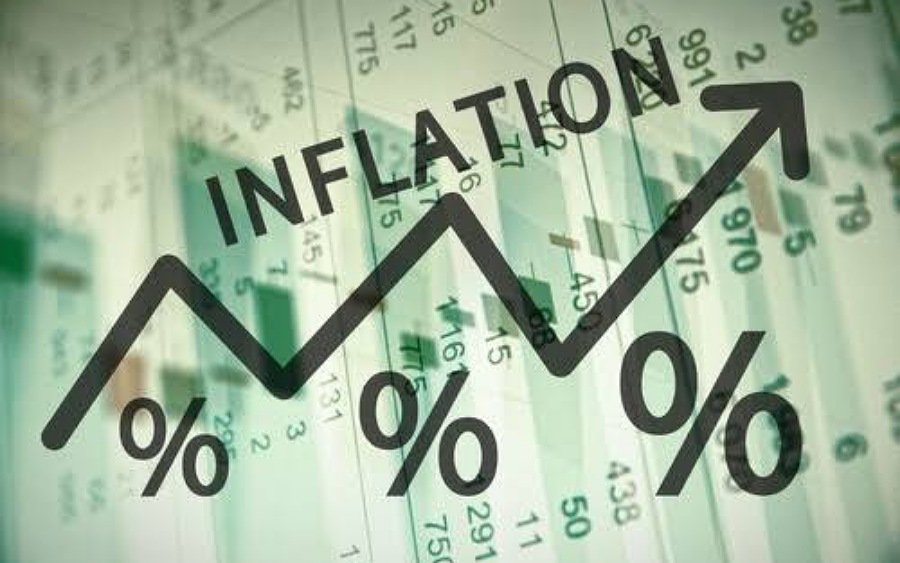Nigeria’s currency, the Naira, surged to a two-month high of N1,382.35 against the U.S. dollar on Thursday in the official foreign exchange market, suggesting that monetary policy reforms of Central Bank of Nigeria of increasing the dollar supply side and improving investor confidence were finally paying off.
The latest rate on Thursday is the Naira’s strongest close since January 29, when it stood at N1,348.63 per dollar in the Nigerian Autonomous Foreign Exchange Market (NAFEM) before it crashed to nearly N1,900 to the dollar. Thursday’s Naira’s performance comes to a 7.98% appreciation over the previous day’s rate of N1,492.61 at NAFEM.
However, at the parallel market, the Naira experienced a small decline of 1.98% closing N1,510 from N1,480 to the dollar on Wednesday.
The CBN’s various policy reforms of short, medium, and long-term strategies, have been central to improved liquidity in the FX markets. These measures include unification of exchange rates, liberalization of the FX market, resolving the FX backlog obligations, introduction of the Price Verification System (PVS), imposition of limits on banks’ Net Open Position, and other reforms targetted at the Bureau De Change (BDC), among others.
Also, recent decisions made by the CBN’s Monetary Policy Committee (MPC) in its February 26-27 meeting to raise the Monetary Policy Rate (MPR) by 400 basis points to 22.75%, adjustment of the asymmetric corridor around the MPR, and modifications in Cash Reserve Ratio (CRR) and Liquidity Ratio, may have all contributed to strengthening the naira and stabilizing the FX rates.
Muhammad Sani Abdullahi, the CBN’s Deputy Governor responsible for economic policy said the CBN’s new policies will also lead to a marginal increase in external reserves by the end of March 2024 to US$35.01 billion, indicative of improving economic fundamentals.
Despite these strides, challenges persist, particularly concerning foreign portfolio investment (FPI) due to currency convertibility issues. Current regulations requiring pre-funding of auction bids discourage FPIs, meaning that more strategic reforms are needed to expedite inflows and ensure the FX market remains stable.
Offering a word of caution, an economist, Muda Yusuf, CEO of the Promotion of Private Enterprise, said, it is too early to begin to celebrate. “While we recognize the improvement, we need to give it more time.”
Notwithstanding, the government must be praised for its efforts so far, but it needs to sustain the positive trend and also keep an eye on the inflation at 31.7% which remains a source of worry.
Please Like 👍, Comment, Share & Follow us on our social media handles.







